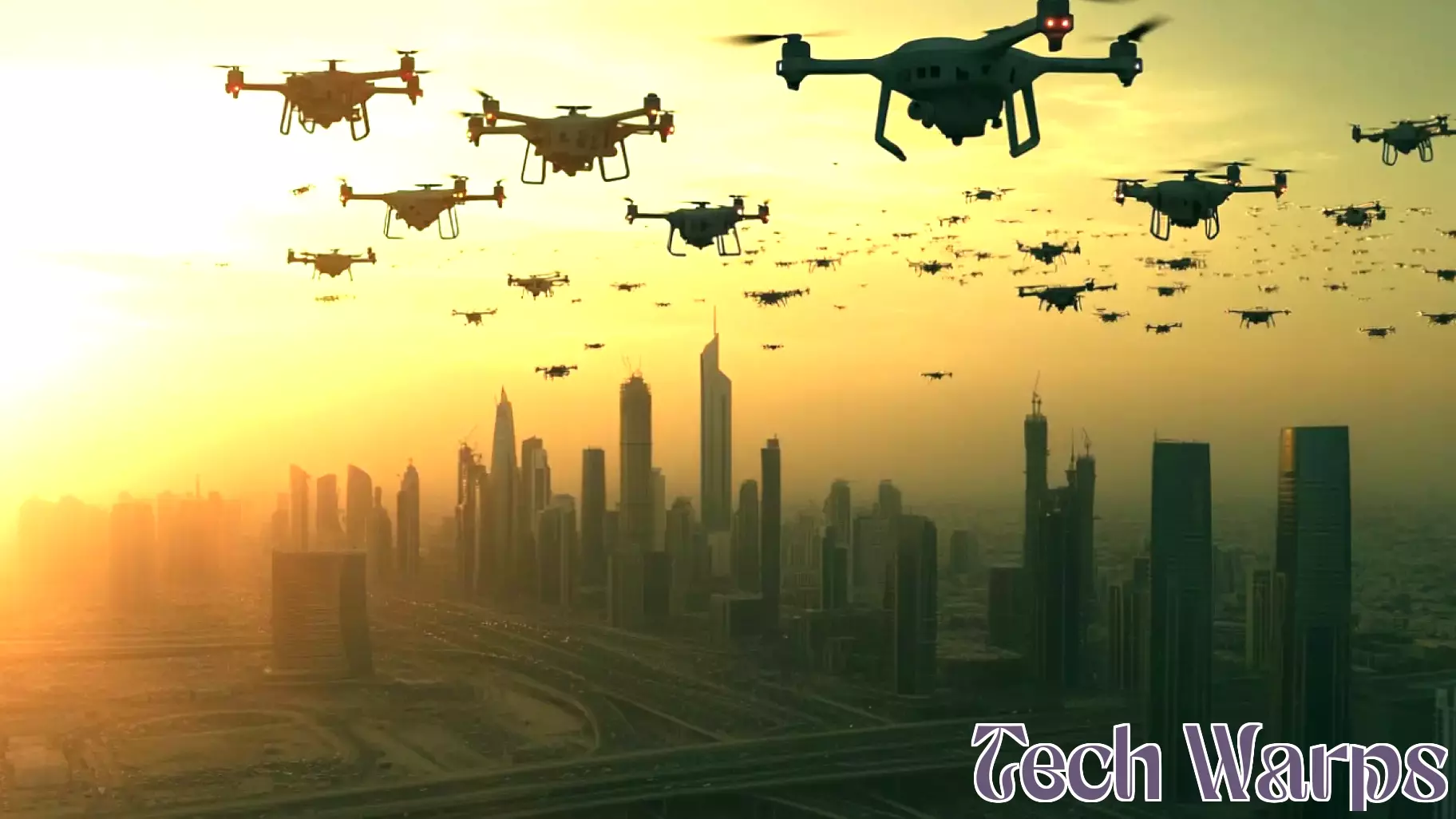The Evolution of AI Warfare in the Middle East
April 28, 2025 - 18:00

On a chilly morning in November 1911, Lt. Giulio Gavotti, an Italian pilot, leaned out from the cockpit of his monoplane over the oases and farmlands of Libya, marking a significant moment in military history. This event foreshadowed the transformative role that aviation would play in warfare. Fast forward to the present, the Middle East has emerged as a crucial testing ground for advanced technologies, particularly artificial intelligence (AI), in military applications.
Today, nations in the region are harnessing AI to enhance their combat capabilities, employing sophisticated algorithms for surveillance, reconnaissance, and decision-making processes. This shift towards AI-driven warfare is reshaping traditional military strategies, allowing for faster and more efficient responses to threats. As countries invest heavily in these technologies, the implications for regional security and global military dynamics are profound. The integration of AI into warfare not only changes how conflicts are fought but also raises ethical concerns about the future of combat and the role of human oversight in military operations.
MORE NEWS

February 15, 2026 - 00:21
Should You Forget Micron Technology and Buy This Artificial Intelligence (AI) Stock Instead?While investors have rightly celebrated Micron Technology`s impressive run, fueled by soaring demand for memory chips in artificial intelligence servers, a competitor in the same arena is...

February 14, 2026 - 12:18
Musk labels Anthropic as ‘misanthropic and evil’In a fiery public statement on Thursday, tech billionaire Elon Musk launched a scathing verbal attack on artificial intelligence firm Anthropic, labeling the company `misanthropic and evil.` The...

February 13, 2026 - 19:19
New technology is changing the direction of golf course maintenanceThe future of golf course maintenance is being driven by a wave of new technology, moving the profession far beyond its traditional roots. At a recent major industry conference, the focus was...

February 13, 2026 - 00:15
Solidion Technology Enters into Non-Binding Memorandum of Understanding to Supply Pouch CellsSolidion Technology has taken a significant step forward in its commercial deployment by entering a non-binding memorandum of understanding to supply its proprietary battery pouch cells. The...